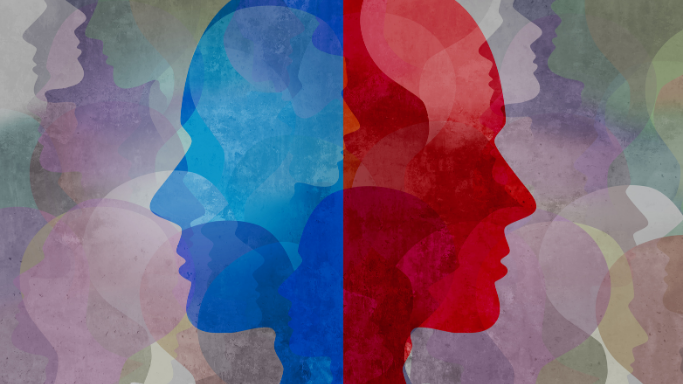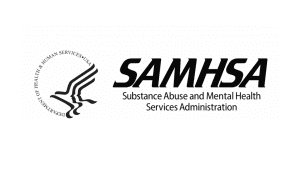What is Mental Illness?

The Many Faces of Mental Illness
Mental illness is everywhere—affecting one in five adults every year (National Alliance of Mental Health – NAMI), and one in 20 people copes with a serious mental illness such as schizophrenia or bipolar disorder. It’s time we stop sweeping the issue under the carpet and learn to recognize it so we can prevent and/or treat it early.
What is Mental Illness?
Mental illness refers to all of the diagnosable mental disorders, referring to a wide range of mental health conditions that affect your mood, thinking and behavior. Any one of these disorders might affect your ability to relate to others and function on a daily basis.
Some of the most common types of mental illness include ADHD, Anxiety Disorders, Attention-Deficit/Hyperactivity Disorder, Autism, Bipolar Disorder, Borderline Personality Disorder, Depression, Dissociative Disorders, Eating Disorders, Obsessive-compulsive Disorder, Post Traumatic Stress Disorder (PTSD), Schizoaffective Disorder, and Schizophrenia.
What causes mental disorders?
There is no single cause for mental illness; rather, it is thought to be caused by a variety of genetic, environmental and lifestyle factors. Career stress, marital problems, traumatic life events, biochemical makeup and brain structure are just some of the factors that can contribute to mental illness.
Signs & Symptoms of Mental Health Problems
Since mental illness can affect emotions, thoughts and behavior, signs and symptoms vary from person to person, but might include:
- Feeling sad or down
- Confusion or inability to concentrate
- Excessive fears and/or worries
- Extreme feelings of guilt
- Extreme high-to-low mood changes
- Withdrawal from friends and activities
- Low energy, feeling significantly tired or trouble sleeping
- Detachment from reality (delusions), paranoia or hallucinations
- Inability to cope with natural stress
- Trouble relating to people and misunderstanding situations
- Alcohol or drug abuse
- Major changes in eating habits
- Sex drive changes
- Excessive anger, hostility or violence
- Suicidal thinking
How can I tell if I have a mental illness?
Each person will have different experiences, even people with the same diagnosis. But a common characteristic among those with mental illnesses is when moods, thoughts, behaviors or substance-use interfere with a person’s ability to function both physically and socially, whether at home, work, or school.
Are medications necessary?
 Although they don’t cure mental illness, medications may play an important role in the treatment of such and can often significantly improve symptoms associated with mental illness. Psychiatric medications can also help make other treatments, such as psychotherapy, more effective. In most cases, symptoms can be managed with a combination of medications and talk therapy (psychotherapy).
Although they don’t cure mental illness, medications may play an important role in the treatment of such and can often significantly improve symptoms associated with mental illness. Psychiatric medications can also help make other treatments, such as psychotherapy, more effective. In most cases, symptoms can be managed with a combination of medications and talk therapy (psychotherapy).
According to www.Medicinenet.com, mentally healthy individuals tend to have better medical health, productivity, and social relationships. Early engagement and support, however, are crucial to improving outcomes and increasing the promise of recovery and good mental health.
Seeking Mental Health Treatment
If you recognize any of these symptoms in yourself and think you, or somebody close to you, might be experiencing a mental health problem, call Starting Point Behavioral Health today. Most mental illnesses don’t improve on their own; and if untreated, a mental health issue may get worse over time and cause serious problems.
Take Action on Mental Illness
The Mental Health First Aid class will help provide you with education and resources you can use to assist someone who is facing a mental health problem. For more information on Mental Health First Aid or to see a schedule of upcoming classes, visit MHFANassau.com.
Sources
- National Institute of Mental Health
- https://www.google.com/search?client=safari&rls=en&q=what+is+mental+illness&ie=UTF-8&oe=UTF-8
- See more at: https://www.nami.org/Learn-More/Mental-Health-Conditions#sthash.amx3HtdH.dpuf
- http://www.medicinenet.com/mental_health_psychology/article.htm
- See more at: https://www.nami.org/Learn-More/Mental-Health-Conditions#sthash.amx3HtdH.dpuf
Posted In:
Like this post? Don't forget to share it!
MORE RECENT POSTS




